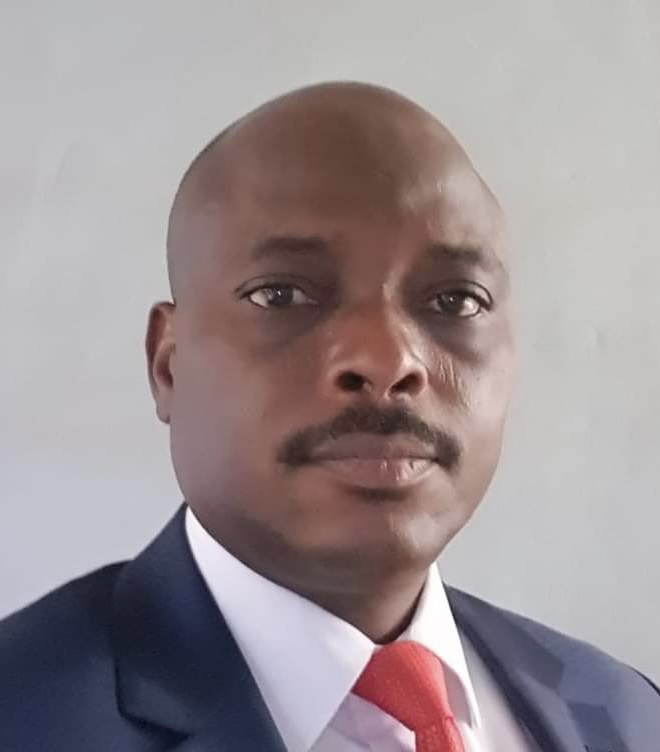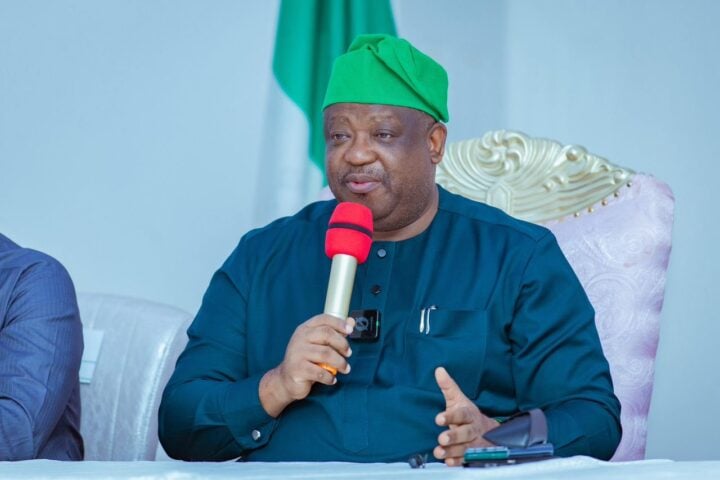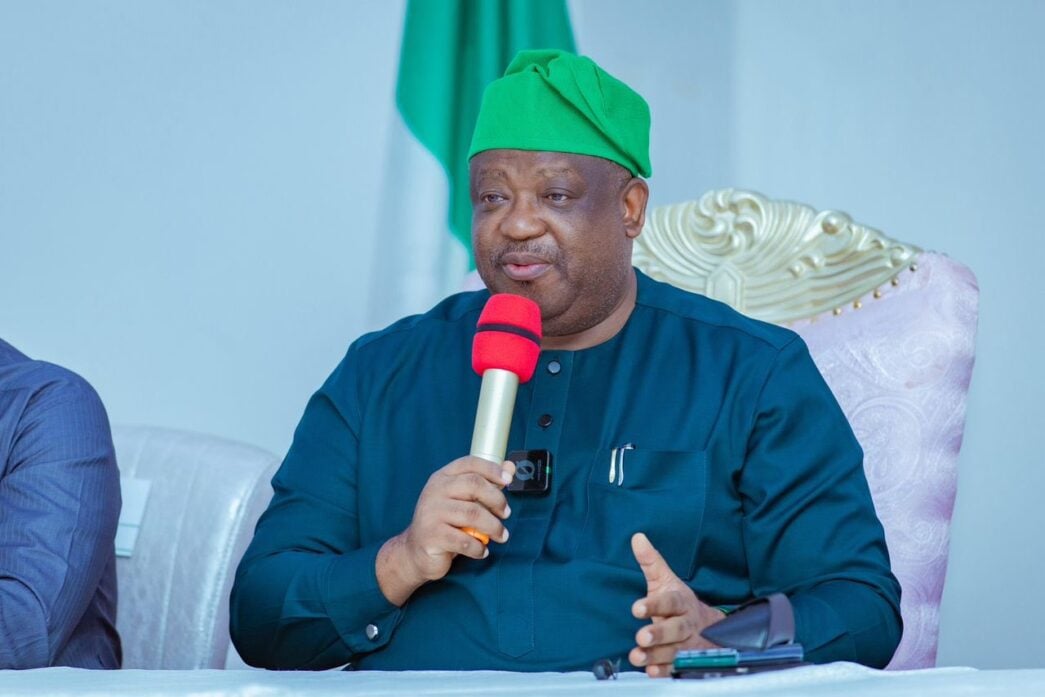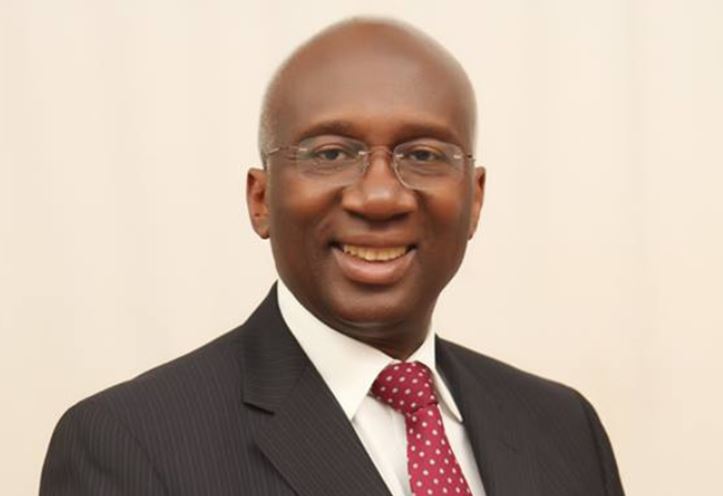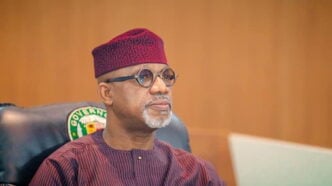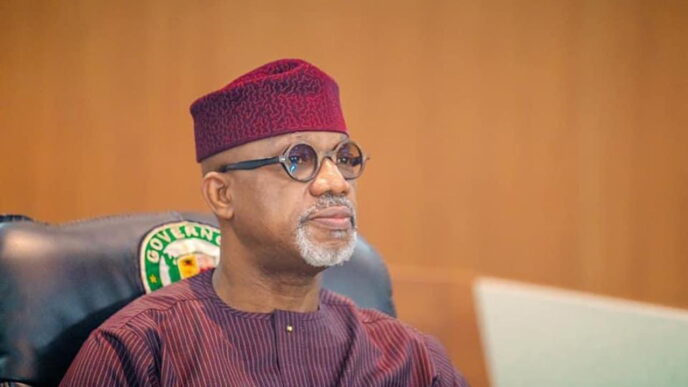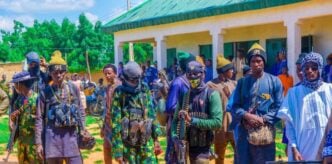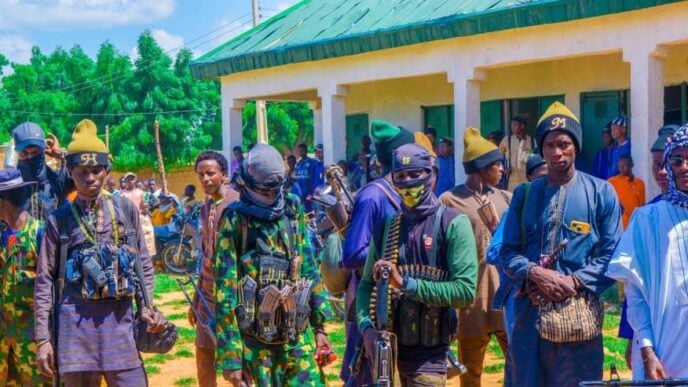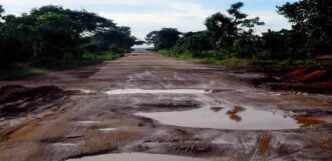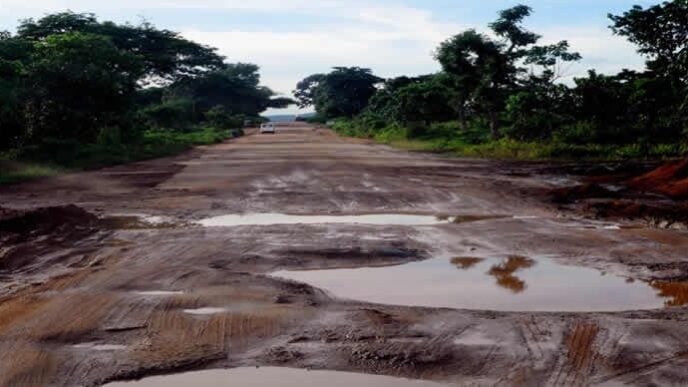Caleb Mutfwang, governor of Plateau
There are certain moments in journalism when you expect the usual: Encounters with politicians that feel like punishment. They drag you through long speeches filled with big grammar, empty promises, statistics so cooked they could feed a village and an audience that sneaks glances at their wristwatches. But two hours with Governor Caleb Manasseh Mutfwang of Plateau State was nothing like that. It felt more like an evening spent with a master storyteller who had somehow landed the job of running a state.
The governor arrived at the venue with such disarming simplicity that a few of us editors exchanged glances: “This man? Governor? Let’s just hope he won’t bore us.” But simplicity, as we soon discovered, was his greatest trick. He started talking, softly at first, and within minutes, the hall was locked in silence. By the time he finished recalling his achievements in just two years, we were on our feet, clapping like schoolchildren at a prize-giving day. This wasn’t politics. This was performance, persuasion, and plain evidence rolled into one. He spoke not as a politician struggling to justify power but as a leader eager to account for it.
Now, let’s talk about his fluency. Have you ever met someone who could sell snow to an Eskimo? Multiply that by ten. This is a man who could convince a dead man of the benefits of coming back to life, and the dead would probably ask for a microphone to testify. His words had rhythm, his delivery had confidence, and his storytelling was crisp, no fumbling, no “erhmm.” Just clean sentences that danced their way into your mind.
He took us on a whirlwind tour of Plateau’s transformation. Roads snaking into rural communities, the Utong-Kong flyover that didn’t remain on paper but actually got built, scholarships that tripled, tuition fees slashed for indigenes, and health insurance that doubled enrolment in two short years. Agriculture, his pride, is getting its backbone strengthened with partnerships, modern livestock breeds, feed mills, and a planned abattoir that can process 500 cattle a day. That’s not just policy; that’s suya diplomacy on a grand scale!
Advertisement
Then came the inevitable question — would he defect to another party before the next election? After all, the reigning fashion in Nigeria’s political runway is “cross-carpeting couture.” His response was politically smart, humorous, and layered:
“The country is currently in a state of anomy, but as of today, I am not going anywhere. We wait and see what the future holds.”
It was the kind of answer that leaves everyone laughing yet taking notes. Translation: I’m loyal today, but politics is a game of tomorrow. You couldn’t even fault him, in fact, we admired the honesty.
But beyond the charm, there was substance. He spoke about peace as though it were a personal covenant. Plateau, long described as the land of crisis, is slowly reclaiming its rightful name as the “Home of Peace and Tourism.” Reviving Operation Rainbow, convening the Security Council promptly, and setting up a modern security and information center were not just bullet points — they were deliberate steps in a larger strategy.
Advertisement
At intervals, he reminded us journalists of our own duty, to remain fair, responsible, and conscious of the power of words. “The media plays a critical role in shaping perceptions,” he said. Coming from a man whose mandate survived fierce legal battles, it wasn’t a lecture; it was lived experience.
Now, the climax: the tour of projects. This was when words became flesh. We saw roads constructed, schools springing back to life, hospitals getting a facelift, and hotels — yes, hotels — preparing to return to their glory days. Plateau, once a byword for lost opportunities, looked like a construction site of hope.
But let’s be honest: not everything glittered. The only heartbreak for many of us came at the famous Hill Station Hotel, a multi-billion naira project under reconstruction. There it was, standing tall, but with roofing sheets that looked like they had been borrowed from a village poultry house. Some of us sighed, others chuckled. The sheet was such a discouragement to the otherwise huge investment that a few editors whispered, “the governor himself may not have seen this. Otherwise, no way this would be allowed.” Because truly, that roof does not befit the grand rebirth of such a landmark hotel. It was the only sour note in an otherwise beautiful symphony.
Still, we left the tour more convinced than ever. Governor Mutfwang is not just administering Plateau; he is rebranding it, retelling its story, and giving its people reasons to believe again. Even the Nigerian Guild of Editors’ President, Eze Anaba, said it plainly: Plateau’s story must be told, and told proudly.
Advertisement
As our session wrapped up, many editors admitted, half-jokingly, that Mutfwang had already secured their “second-term headlines.” And honestly, you couldn’t argue. He had walked in looking simple, spoken like a prophet, argued like a lawyer, and charmed like a seasoned entertainer. Two hours felt too short, yet enough to know that Plateau is on a climb, and the man leading that climb knows both the way and the words.
We came expecting a governor. We left having encountered a phenomenon. And if you ever doubt that leadership can be simple yet profound, spend just two hours with him but be warned: you may leave clapping.
No wonder we left the Government House not just with our notebooks filled, but our spirits stirred. Plateau State, under Caleb Manasseh Mutfwang, is a story worth telling; and retelling.
Tooki is an editor/founder, communication strategist, and public relations expert. He can be reached via [email protected]
Advertisement
Views expressed by contributors are strictly personal and not of TheCable.
